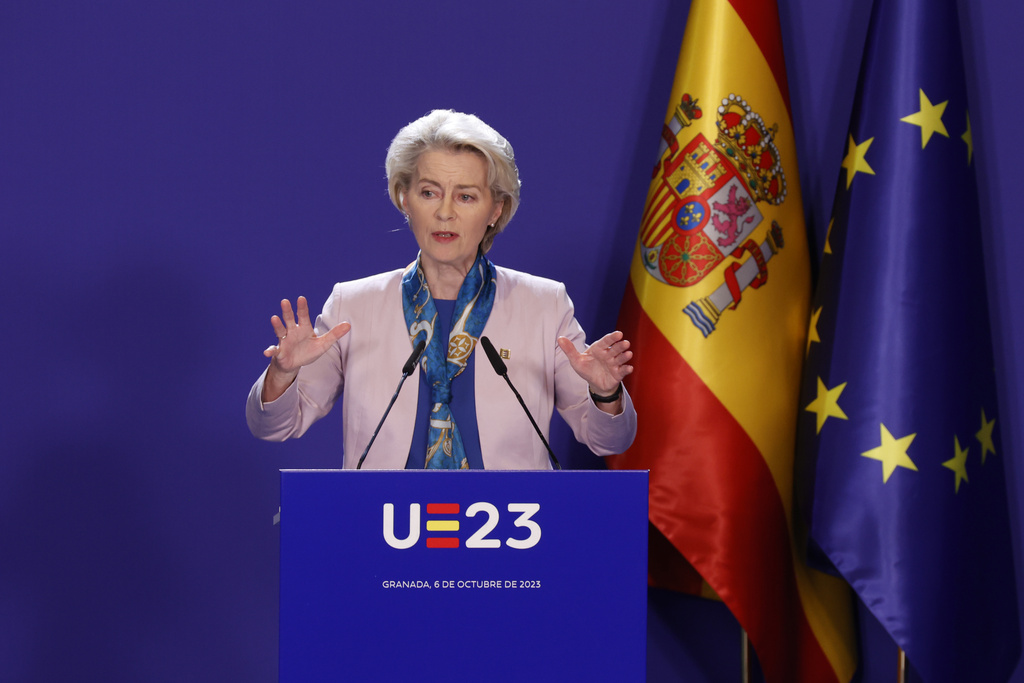Following news that Germany and France are moving forward with reforms that would drastically curtail the sovereignty of EU nation-states, Hungarian columnist Tamás Fricz argued in the Magyar Nemzet newspaper that if such changes really do come to pass, Hungary needs to consider the possibility of leaving the European Union.
All I can say is that if we can really get this through the EU institutions, we really need to seriously consider our role and the conditions for staying in the EU,” wrote Fricz in response to the new reform measures being proposed.
“Once again, the two EU powers have found each other: France and Germany are determined to reform — or, in other words, to curtail — the rights of the member states this year, including the abolition of the veto in the European Council, the only EU body where the member states say still counts,” he wrote.
He described how the move was first discussed by German Minister of State Anna Lührmann and French EU Minister of State Laurence Boone during an interview with Euractiv a few weeks ago. However, since then, the EU has accelerated its plans, with 12 experts commissioned by Germany and France to produce a 60-page draft reform paper detailing how the EU would be “reformed,” most notably by abolishing the veto.
Fricz asks why Hungary should go along with these reforms, and writes if Hungary does not fight back against the abolition of the veto, “we will be permanently at the mercy of the mainstream, liberal, globalist elite in Brussels.”
“That is when a qualified majority, 15 countries and at least 65 percent of the population, is enough for the globalists to impose their will on the member states,” he wrote.
He then details the various areas where Hungary would face serious challenges, writing that Hungary would be “forced to take in tens of thousands of migrants under a mandatory quota” or “pay through the nose” to refuse them.
He also notes that the EU would force Hungary to abolish its child protection laws, thus “opening ourselves up — as already done in Western Europe — to LGBTQI+ propaganda in our schools, in our kindergartens, on our streets, in advertising, in cultural works, on television channels, everywhere and anywhere.”
He then listed various initiatives that Hungary would be powerless to stop, such as the global passport scheme from the World Health Organization (WHO) and the abolishment of cash.
“The European Central Bank wants to abolish the use of cash, one of the main guarantees of individual freedom, and the Union is giving huge amounts to Ukraine to continue fighting the war,” writes Fricz.
“I could go on citing the examples, but if our French and German ‘friends’ are able to abolish the veto, if they can do this feat, then there is nothing more to talk about,” he concluded.





